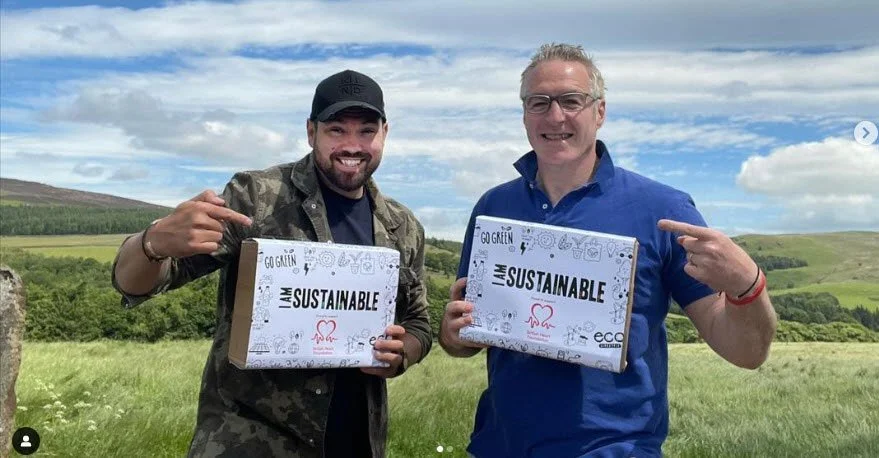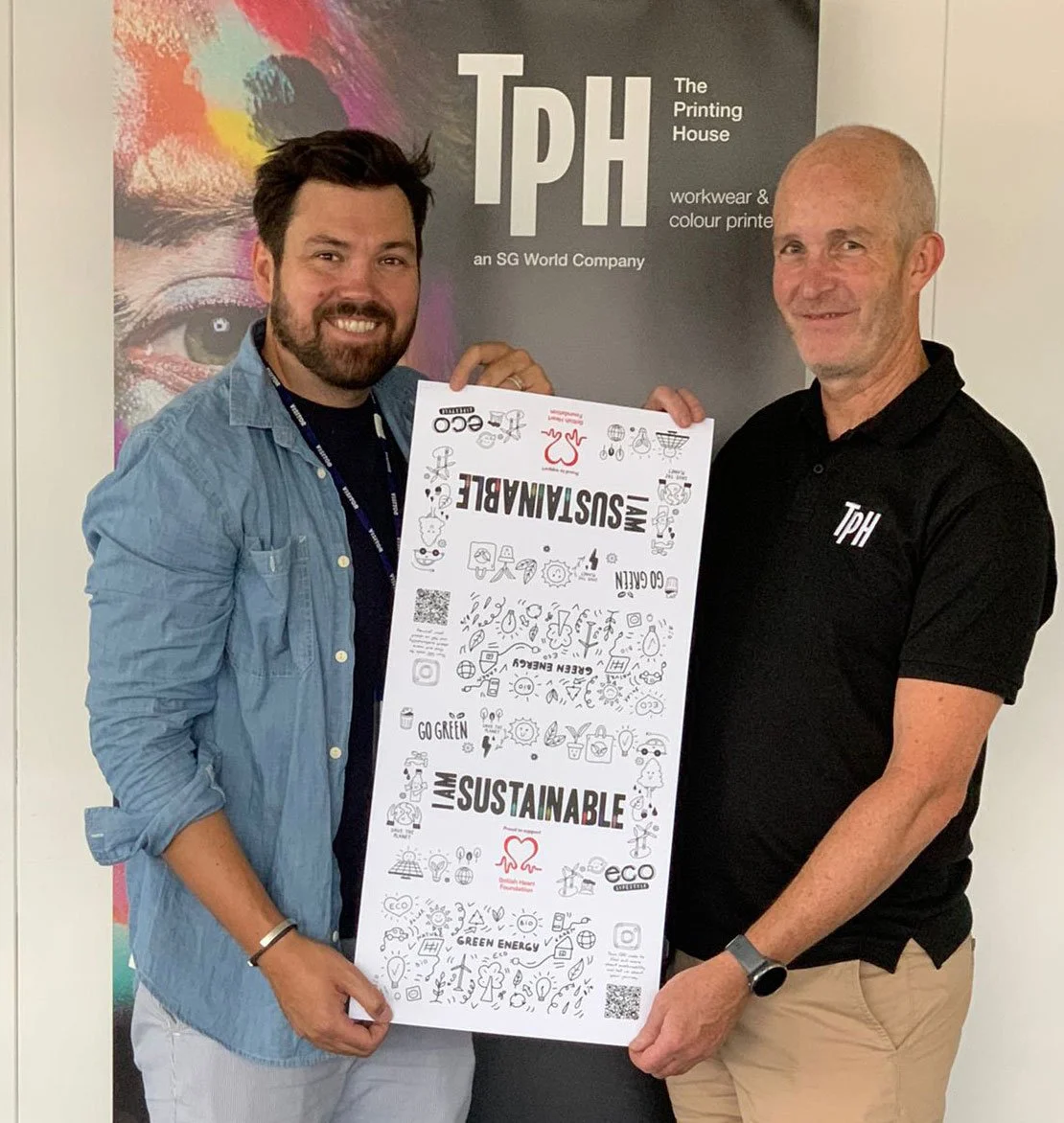What Does it Really Mean to be Green with You Can Be Sustainable Packaging
TPH has helped many companies with their packaging needs but You Can Be Sustainable is more than a business, it’s a whole ethos and an agent of change for a more sustainable way of living. You Can Be Sustainable is the co-creation of Sam Attwater and business partner Grant Thompson. People might be more familiar with Sam in past TV roles including Eastenders, Hollyoaks and Dancing On Ice than as an environmental crusader but today he’s a man on a mission to make our planet a better place, one step at a time. YouCanBeSustainable offers people an easy way to change their buying habits through a monthly subscription box of environmentally friendly, everyday products. Partnering with the right suppliers is a key part of this vision.
“When Sam originally contacted us he was enquiring about a box belly band on recycled paper,” recalled Pete Harrison, TPH Sales Manager, “My first question to him was why he wanted recycled because from experience, most people don’t have the whole story behind the recycled label.”
Recycled paper has been popularly accepted as the best choice when it comes to protecting the environment, but is it? The answer isn’t as simple as you might think, there’s a very strong argument that a sustainable paper source is actually a greener option. In Europe, where almost all primary forests are protected, paper comes from sustainably managed forests where the cycle of planting, growing and logging is carefully controlled. Between 2005 and 2020, European forests grew by 58,390 square kilometres – that’s an area bigger than Switzerland and amounts to over 1,500 football pitches every day! Without new virgin fibres from trees, the paper cycle cannot be maintained. Recycled fibres degrade after several uses and the paper industry needs fresh fibre from sustainably managed forests to keep the renewable cycle going.
It’s also worth remembering that the recycling process attracts its own carbon footprint in terms of collection and processing, an energy overhead that actually exceeds virgin paper production. The recycled end product won’t match virgin paper in quality and strength and is best used for newsprint and packaging grade print, a sector which accounts for most of the available recyclable paper stock. Producing recycled paper to a standard suitable for a high-grade graphic print run will involve additional chemical processing and expense.
“Think about it – no-one thinks that bread is environmentally unfriendly,” explained Pete, “planting and harvesting the wheat is a cyclical, sustainable process. Why should a sustainable paper supply chain be viewed any differently? We understand our customers want greener print options, this is very much where we see our future but it doesn’t necessarily mean a recycled paper source.”
“My conversation with Pete was a real eye opener.” said Sam, “I was delighted to have found a company with that level of knowledge and a real commitment in a greener supply chain. We are actively looking to partner with suppliers who can share our values so I invited Pete to take part in a collaborative interview and video to share these insights with our community.”
Box subscriptions are available to order at youcanbesustainable.com, Sam and Grant have set themselves a target of encouraging one million people to switch to more sustainable products. TPH are proud to be part of that journey.


